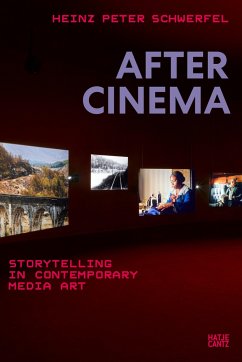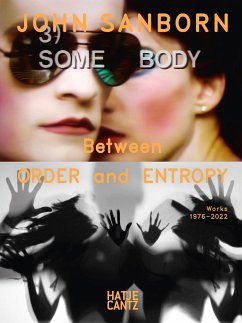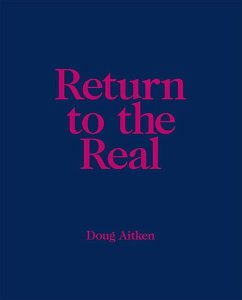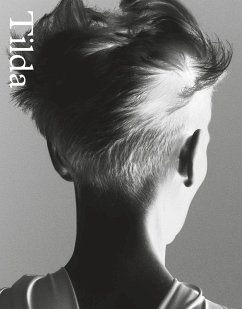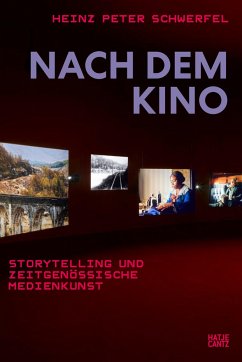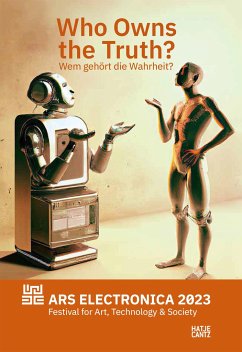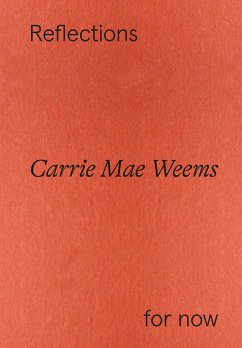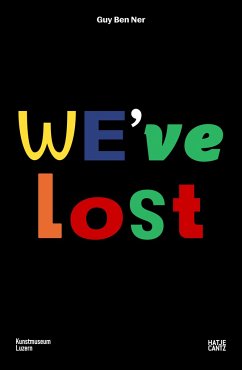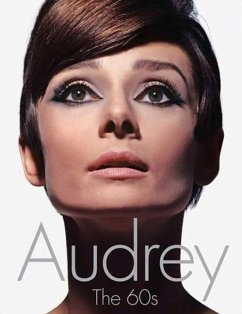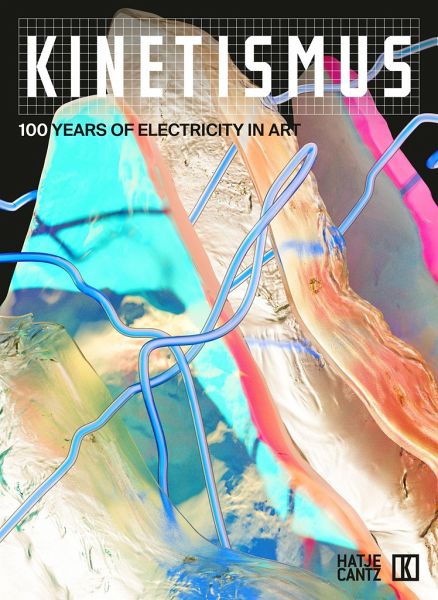
Kinetismus -100 Years of Electricity in Art
Versandkostenfrei!
Verlag / Hersteller kann z. Zt. nicht liefern
48,00 €
inkl. MwSt.
Ever since electricity became ubiquitous artists have been fascinated by the manifold possibilities to create works with it. The catalogue Kinetismus: 100 Years of Electricity in Art, which accompanies the opening exhibition of Kunsthalle Praha, explores how electricity has transformed artistic practice from 1920 to the present day, including cinematography, sound, kinetic and mechanical sculptures, computer-based art and immersive installations. A historical perspective emphasizes the fact that electricity, with its various usages-from artificial light to computing-has become a defining eleme...
Ever since electricity became ubiquitous artists have been fascinated by the manifold possibilities to create works with it. The catalogue Kinetismus: 100 Years of Electricity in Art, which accompanies the opening exhibition of Kunsthalle Praha, explores how electricity has transformed artistic practice from 1920 to the present day, including cinematography, sound, kinetic and mechanical sculptures, computer-based art and immersive installations. A historical perspective emphasizes the fact that electricity, with its various usages-from artificial light to computing-has become a defining element of our societies.
Kinetismus: 100 Years of Electricity in Art includes an essay by Peter Weibel, the author of the exhibition concept, four thematic chapters written by the co-curator Lívia Nolasco-Rózsás as well as descriptions and reproductions of key artworks by artists, such as Mary Ellen Bute, William Kentridge, Christina Kubish, Zdenek Pesánek, Anna Ridler, Nicolas Schöffer, Jeffrey Shaw, Takis, Steina, and Woody Vasulka.
PETER WEIBEL (_ 1944, Odessa) is an internationally known media and conceptual artist, curator, and art and media theoretician. Since the 1960s his work has firmly regarded artistic creativity as an open-ended field of activity. He was head of the ZKM, Karlsruhe until 2020. Since 2017 he has been director of the Peter Weibel Research Institute for Digital Culture at the Universität für angewandte Kunst in Vienna.
Kinetismus: 100 Years of Electricity in Art includes an essay by Peter Weibel, the author of the exhibition concept, four thematic chapters written by the co-curator Lívia Nolasco-Rózsás as well as descriptions and reproductions of key artworks by artists, such as Mary Ellen Bute, William Kentridge, Christina Kubish, Zdenek Pesánek, Anna Ridler, Nicolas Schöffer, Jeffrey Shaw, Takis, Steina, and Woody Vasulka.
PETER WEIBEL (_ 1944, Odessa) is an internationally known media and conceptual artist, curator, and art and media theoretician. Since the 1960s his work has firmly regarded artistic creativity as an open-ended field of activity. He was head of the ZKM, Karlsruhe until 2020. Since 2017 he has been director of the Peter Weibel Research Institute for Digital Culture at the Universität für angewandte Kunst in Vienna.











